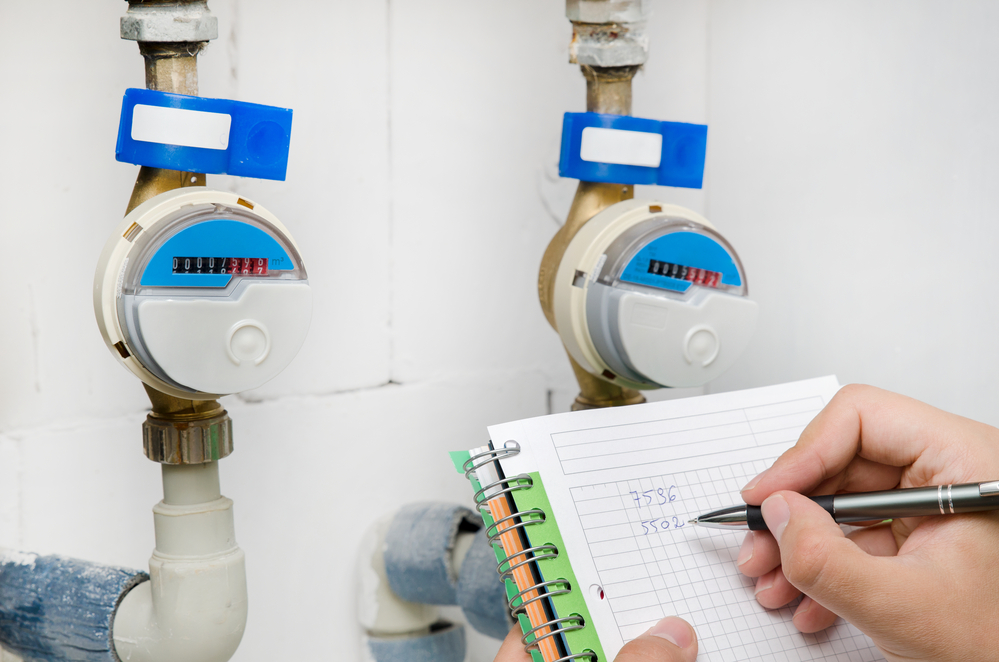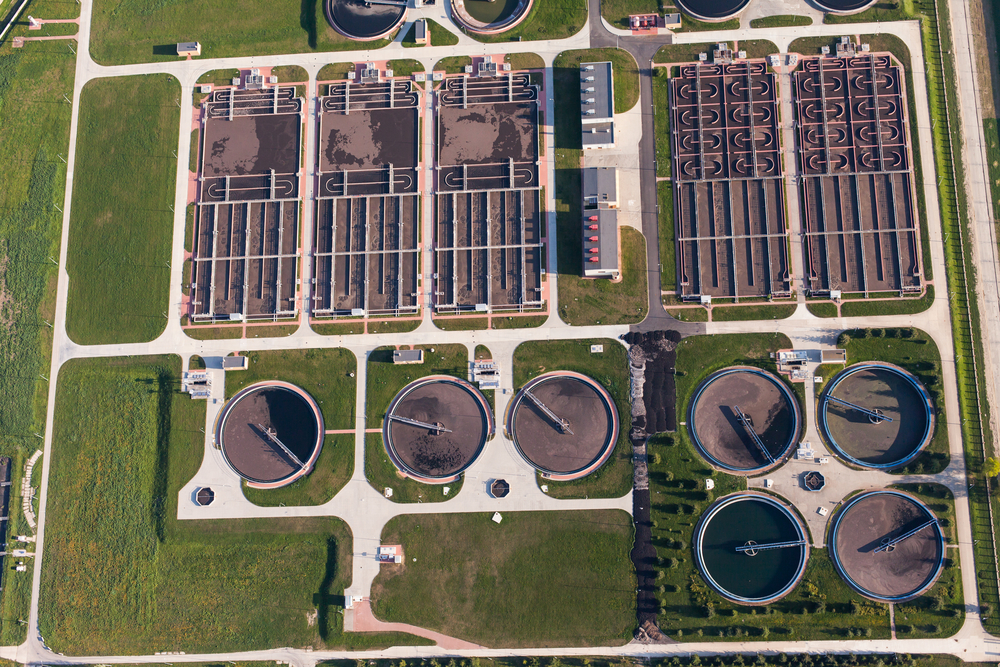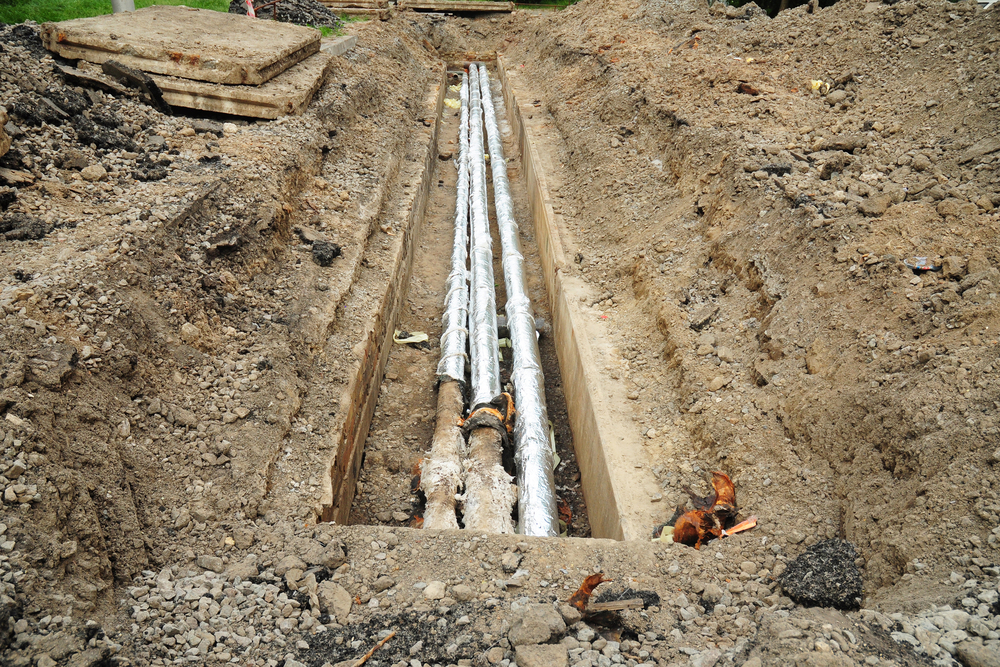If you want to know how to reduce your sewer bill without calling in a plumber, you’re in the right place. You can do all the solutions we give you by yourself. You’ll also learn how much your sewer bill should be, why your sewer bill is more than your water bill, and how your sewer bill is calculated.
What Is A Sewer Bill?
Your sewer bill is what you pay monthly for using your city’s sewer lines. This includes using the pipes under your street to transfer your waste to a treatment plant. If your home is hooked up to a septic tank, you’re getting rid of sewage yourself. So, you shouldn’t see a sewer charge on your utility bill.
Read more: Septic Vs. Sewer: Pros, Cons, & More.

How To Lower Your Sewer Bill
Here are a few things you can do to lower your sewer bill in different parts of your home.
In Your Bathroom
- Fix leaking toilets
- Install a fill cycle diverter – This plastic device directs more water to your tank and less water to your toilet bowl.
- Replace the flapper in your toilet at least once a year.
- Install an adjustable toilet flapper.
- Install a low-flow shower head.
- Take shorter showers and avoid baths.
In Your Kitchen
- Fix leaking faucets and sinks.
- Install a motion sensor faucet or low-flow faucet.
- Use a bowl of water to wash fruits and vegetables instead of the faucet.
- Use smaller pots for boiling water.
- Use an energy-efficient dishwasher instead of handwashing.
- Store drinking water in the fridge instead of waiting for the sink water to get cold.
- Defrost food in the microwave instead of under the faucet.
In Your Yard
- Install a water meter specifically for your sprinklers.
- Water your lawn early in the morning or late at night.
- Maintain your sprinkler heads.
- Turn off your sprinkler system during rainy seasons.
- Add a nozzle to your hose.
- Add a cover to your pool to reduce evaporation.
In Your Laundry Room
- Upgrade to an Energy Star certified washer machine.
- Run the washer with full loads only.
- Avoid extra rinse cycles.
What Does Your Sewer Bill Pay For?
Depending on where you live, your sewer bill pays for three things.
- Gathering and treating sewage – Once you flush waste down your toilet or you take a shower, the wastewater will travel to your city’s main sewer line under your street. From here, your city collects the waste at a treatment plant and converts it back into fresh, clean water. After it’s clean, the waste is deposited into local streams, rivers, and other bodies of water.
- Operating costs – Your sewer bill pays for workers, fuel, equipment, vehicles, and anything else that’s needed to run a sewage treatment plant.
- Special projects – Special projects might include maintaining pipes, addressing sewage breaks or backups, reducing sewer overflows*, and developing solutions for environmental challenges.

*A sewer overflow is when untreated waste is dumped into local water sources. It’s not uncommon for cities to raise sewer bills to help find alternative solutions to these problems. In 1972, the U.S. passed the Clean Water Act to help restore and maintain local water sources’ chemical, physical, and biological integrity.
How Much Should Your Sewer Bill Be?
The average 2022 sewer bill ranges from $15 to $140 per month. Different cities calculate their sewer bills differently. Use your local public works department’s website to determine how you should be paying. If you rent a home or apartment, it should be listed under your utility bill.
Why Is Your Sewer Bill Higher Than Your Water Bill?
You might be wondering why is my sewer bill higher than my water bill. Here’s why.
- Gravity – Fresh water travels through your home using pressurized pipes. This allows it to move uphill and downhill. Water lines do not need to use gravity to travel to your home. On the other hand, wastewater needs gravity to leave your home. Sewer lines are usually built on a slope, allowing the sewage to travel naturally to the treatment plants. If the slope from your home to the treatment plant is too steep, pump stations are installed to lift the waste uphill.
- Customer base – Because more people use a city’s water system, it costs less for individual consumers. If your home is built far from the treatment plant, it requires more work to connect your home to the sewer line.
- Treatment – Wastewater is cleaned and released into rivers, lakes, and other bodies of water. The system that cleans and releases the treated wastewater is expensive to build and operate.

How Is Your Sewer Bill Calculated?
Your sewer and water bill are typically placed next to each other on your utility bill. Your sewer bill is split into two charges.
- Sewer consumption charge – This charge is calculated based on how much sewage leaves your home per month. The average residential sewer usage is capped at around 36,000 gallons. This charge pays for transporting and treating your wastewater. It also pays for maintenance, repair, and replacement of the main sewer line.
- Sewer fixed charge – This charge is a set amount of money you pay a month no matter how much sewage you use. This charge pays for having the sewer system in place as well as maintaining a reliable service.
Who Do You Call If You Can’t Lower Your Sewer Bill?
If you live in the Greater Los Angeles area and can’t seem to lower your sewer bill, you might need to call in a professional sewer repair company. SWE Sewer Solutions & Engineering can help you replace any leaking sewer pipes that may be raising your sewer bill. We are a bonded, city-approved, and licensed contractor offering sewer line repair, replacement, hydro-jetting, robotic cutting, and more. Call today for your free inspection and estimate.